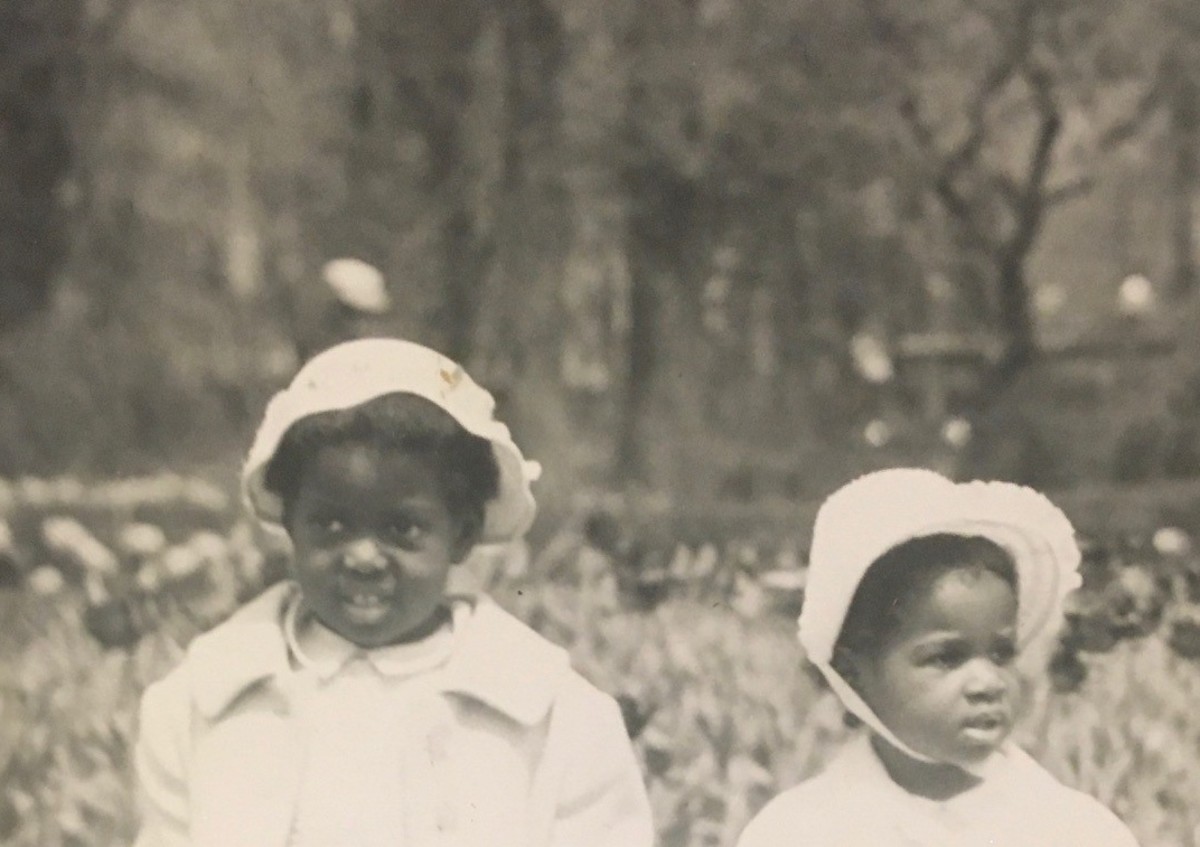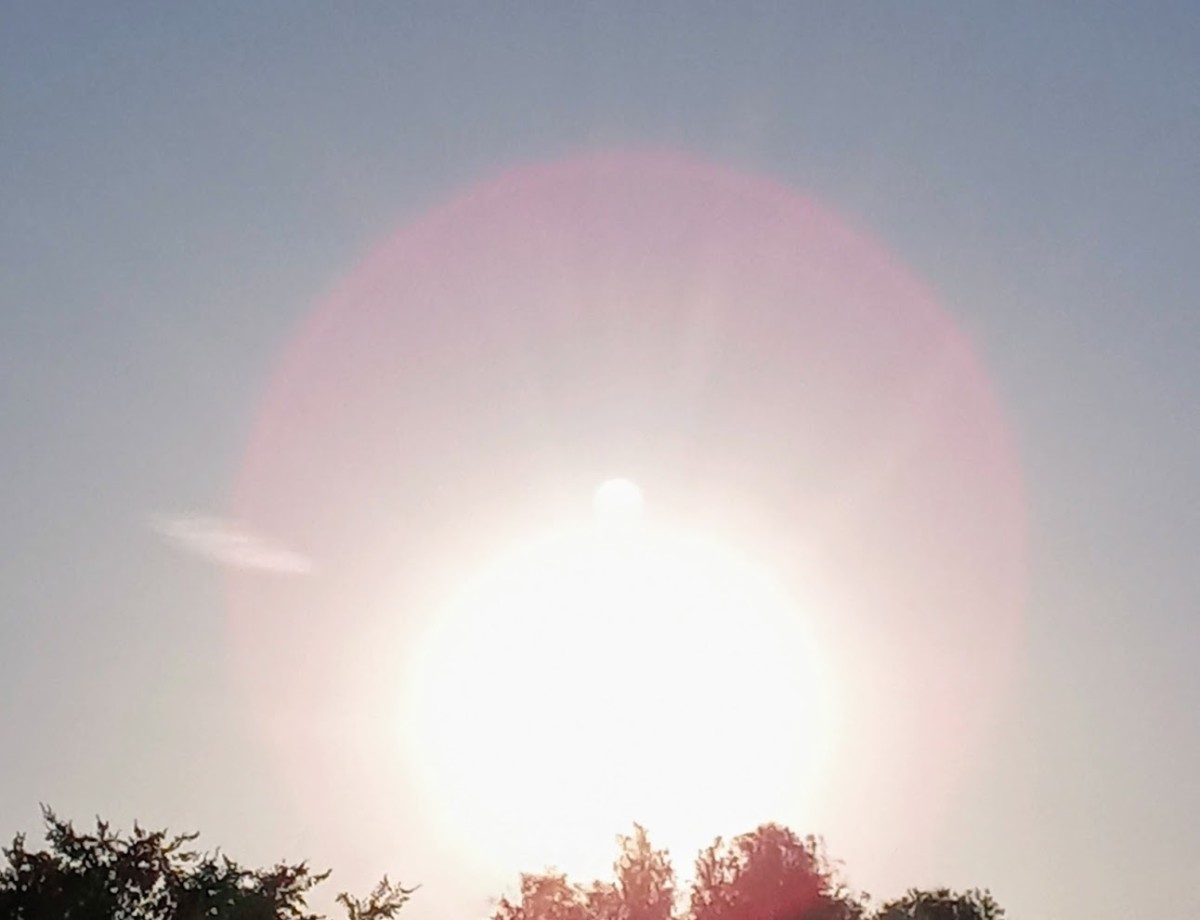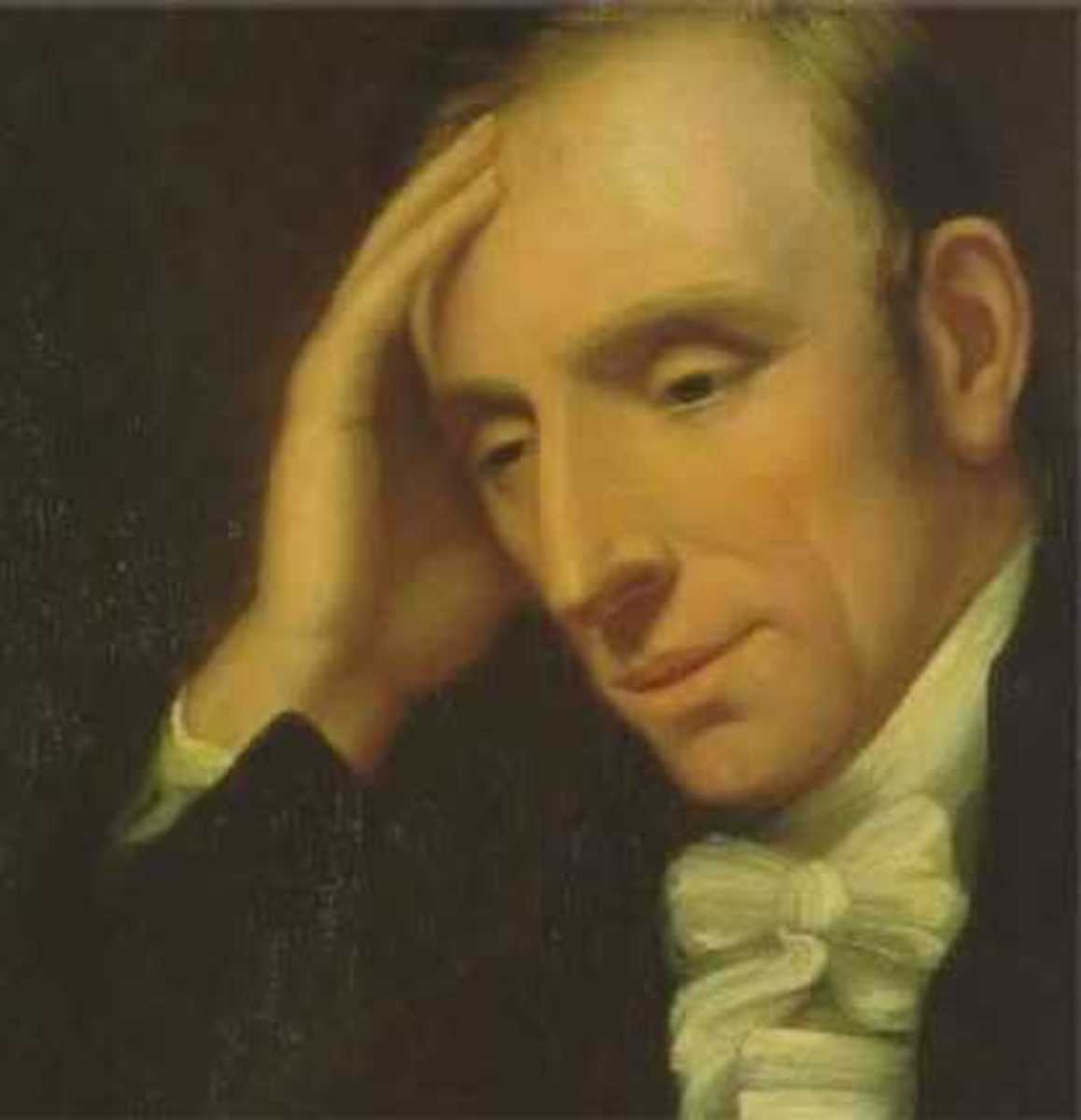The Other Place
Nupur sat, the teacher’s aide, apart
in the back of my third-year French class
checking homework and tests; if the lesson wrapped up
a few minutes early, I’d migrate from my
desk in front to the empty seat beside her.
She gushed that she was “impressed” by my subterfuge
of explicating my own poem, read
anonymous, at a magazine meeting.
I saved for years the first page of an essay
on one of Greenbelt’s forested corners
she returned with the blue ballpoint
comment in bounteous, pointy script,
“This makes me want to go there RIGHT NOW!”

Late in fall, Nupur stood at the curb
for her ride home as I walked out of school
after the day’s-end rush. She smiled and
reflexively almost sang, “Sometimes I just want
to get away—no, not from you;
that’s not what I said.” I was too jarred
to tell her I felt the tawny aura
in her of the sun melting toward us.

Then she disappeared from school. Three months later
we passed in the hall between classes—
so serendipitously she scarcely seemed real,
a mirage to a parched desert pilgrim.
Her eyes still shone but her whole body
sagged. “What happened?” She murmured,
“I don’t even want to talk about it.”
We never met again at Roosevelt.
I asked another magazine staffer
for Nupur’s address: Mitchellville,
where I endured childhood stranded with my stepmother.
I wrote Nupur that I missed her,
that she appreciated me and my writing
more and was more of an angel
than anyone else I knew. I extended
my address and phone number. No reply.
The place she lived in barred me from her sorrow.
I had fled that place because it meant pain
for the only refuge where I’d ever felt at ease.
She knew me here for a time and we shared
joy, clouded because she couldn’t help
returning to her place of pain. I could only know
she stayed somewhere I couldn’t bring myself
to remember, suffering what I couldn’t imagine.



